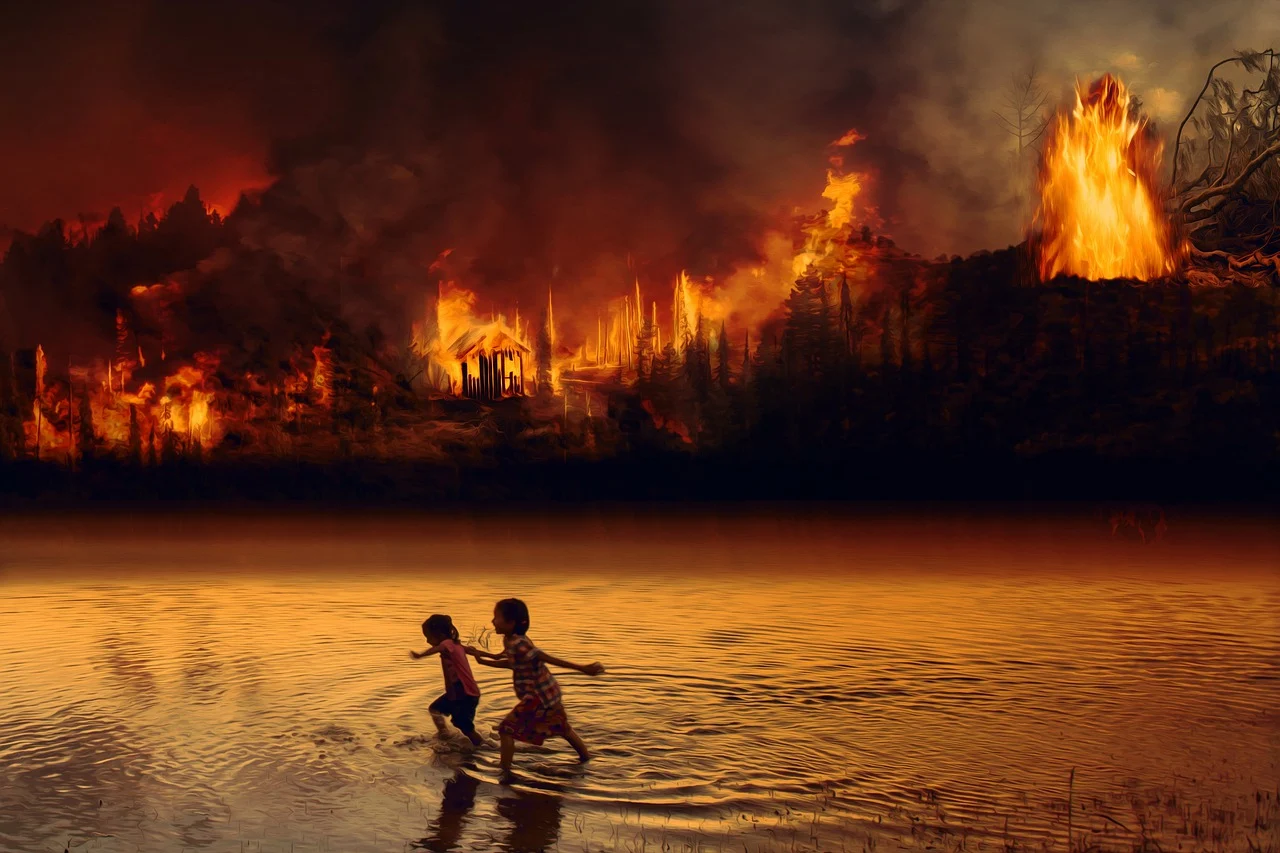Authors: Beatrice Tommasi and Marta Pace.
The Event
On June 5, in the municipality of Atalaia do Norte located in the state of Amazonas, two people disappeared: namely, Bruno Pereira, the indigenous activist member of the non-governmental organization Coordenação da Organização Indígena União dos Povos Indígenas do Vale do Javari (UNIVAJA), and Dom Phillips, an English journalist and contributor to The Guardian. According to UNIVAJA and the Observatory of Human Rights of Isolated Indigenous Peoples and Recent Contact (OPI), the last registration of the two occurred on June 5 in the morning while they were travelling on a small boat between the community of São Rafael and the town of Atalaia do Norte. After ten days of search and the involvement of the army, navy, and police, on June 16, the bodies of Phillips and Pereira were found.

The double world of the Amazon
These killings do not seem to be an accident and unveil serious security issues in the region. The concerned area is the far west of the Amazonas and condenses serious conflicts, both from a social and an environmental point of view. On one side, the area hosts the largest number of indigenous people in voluntary isolation in the world. On the other side, it is a strategic region for drug trafficking, and it is crossed by an international cocaine transit route which goes from Peru to distribute in Brazil, Europe and Africa. Moreover, the already tense situation in the region is worsened by the presence of illegal loggers and fishermen whose activities are profoundly altering the ecosystem of the Amazon rainforest.
All these activities in the region, carried out mainly within the Indigenous Land Vale do Javari, witness the inability and omission of the bodies responsible for the inspection and protection of indigenous territories. As a result, this power vacuum is filled by the presence of the main criminal organizations, who diversify their activities and cause an increase in violent actions against and murders of those who oppose their main interests in the region. According to a study conducted by Mato Grosso do Sul prosecutor Ricardo Pael Ardengui on the impact of transnational organized crime on indigenous communities, environmental crimes - typical of the entire Amazon - have become another mean of profit for organized crime, which has consolidated the drug trafficking route through the Amazon. In this regard, it is worthy to mention that in the last few years, Amazonia has seen a sharp increase in crimes involving drug trafficking, deforestation, and broader violence against indigenous peoples.
The growing action of criminal groups is the result of the fact that the Brazilian state lacks a compact and effective strategy aimed at fighting deforestation and drug trafficking activities. Indeed, institutions have failed in preventing the spread of criminal organizations, which are now active on various fronts: from the environmental one with massive deforestation, to the paramilitary one with kidnapping and political assassinations. Initially, the criminal activities of the various factions of the region were aimed at using the territory to create new routes for the drug trade, and environmental crimes were used to open new transit areas and alternative routes. Nowadays, the illegal exploitation of forest resources, such as gold and wood, takes place to expand the profits of organized crime.
Criminal organizations
Criminal activities in the area see the participation of various factions and organizations. Initially, the Primeiro Comando da Capital (PCC) - a criminal organization founded in 1993 by inmates in the prison of Taubaté (São Paulo) - clashed with the Família do Norte in Amazonas - another organized crime faction present in the region, resulting in a bloody struggle for the control of the region. In recent years, the PCC has consolidated its control over the area by maintaining close alliances with other criminal organizations, such as the Guardioes do Estado and the Amigo dos Amigos, and expanding internationally through the creation of new partnerships with other Latin American criminal groups. Moreover, the fact that they act at the Triple Frontier - a tri-border area along the junction of Argentina, Brazil and Paraguay - has given crime a more entrepreneurial and broader vision, favoring timber smuggling and mining. Within the Amazon, particularly the Atalaia region, there is also the presence of other criminal groups resulting from the break-up of the Família do Norte, the PCC and Bolivian and Peruvian drug trafficking organizations. Consequently, all these conflicts threaten the right and the choice of various groups and ethnicities of having non-contact with the non-indigenous and even indigenous populations of the Javari Valley.
Conclusion
Furthermore, this threat has been exacerbated by the rise of evangelical churches and the interest of missionaries in evangelizing isolated indigenous people. It was reinforced by the Bolsonaro government's appointment in 2020 of the pastor, anthropologist and former missionary Ricardo Lopes Dias in the position of coordinator of General Coordination of Isolated and Recently Contacted Indigenous Peoples at FUNAI (Fundação Nacional do Índio), a Brazilian governmental protection agency for Amerindian interests and culture. It was this appointment that replaced the indigenous activist Bruno Pereira, defender of the right of indigenous people to remain isolated. At the time, a group of 14 indigenous people denounced the dismissal of Bruno, one of FUNAI’s most experienced members concerning isolated peoples. This fact was already a harbinger of the deep problems in protecting these peoples by the Brazilian government headed by President Bolsonaro.

No comments.